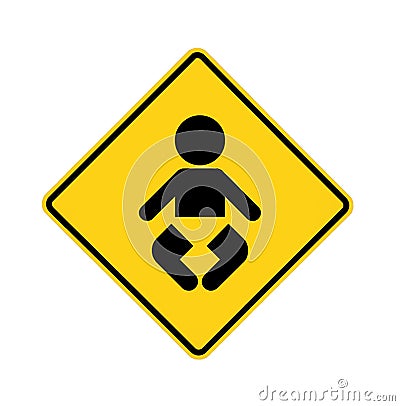Hue is home to the Citadel and was the capital city of Vietnam in the 19th century and where Ho Chi Minh grew up. As you walk along the street into town, Hue is divided by a clean split down the river - the Citadel down one side and the town down the other. For this reason, the charm that we had been hit by in Hoi An, was lacking here - the people choosing not to base themselves around what is to tourists, the heart of Hue, and very reason why so many people come to visit here. You are left with an impression of a 'wannabe city' - modern hacked buildings, unappealing hotels and cross the bridge to immerse yourself in history and culture.
We felt finagled by the promise of Hue - but I promise that this disappointment will not linger long in this blog.
Hue's Imperial City, the Citadel, is a fortress surrounded by a moat, with water taken from 'The Perfume River' - which runs through the centre of town. Inside is the imperial enclosure to the 'Purple Forbidden City' - where the Emperor, his wives and his concubines lived and where all official business and ceremonies took place. The Citadel was bombed in the Vietnam war and we are told, looked very different a few years ago, but now all of the bomb craters have been filled up with soil and modern hallways provide paths to and from the original buildings that have survived.
Now, Alex is a typical boy in that, in laddish fashion, he spent much of his time looking around the Citadel and designing his own personal fortress. I am informed, by him, that I may live on an island in the middle of a lake and build my own treehouse but that I do not have permission to fish to survive and that if I was to disobey him, he would arrange for his servants to throw things at me and order the angry seabass in the moat to deprive me of bathing or escaping, akin to Austin Powers.
In retaliation, I spent much of the time imagining well-oiled men in loin cloths tending to my every whim, daily massages and a library beating the splendour of Codrington Library at Old Souls College, Oxford. The list goes on.
The DMZ bar hosted us as we clinked our glasses and watched the football and England vs New Zealand rugby in sequential fashion. The DMZ bar stands out due to its ceiling which is a geographical tour of the Demilitarised Zone which was the dividing line between North and South Vietnam during the Indochina War which saw the Viet Cong beat the French to be recognised as its own government in North Vietnam. This paved the way towards the Vietnam War which saw Americans in South Vietnam fighting the 'communism of the North', or as the Vietnamese would probably say - barbarically depriving them of their right to independence. A tale of two sides, as always.
Speaking of which, those who know me well are aware of the amount of literature I absorb on a weekly basis. So far I have probably read about ten books in the past two weeks, but the one that has left me absorbed in the history of Vietnam is called 'Saigon' by Anthony Grey. Through the eyes of a young American who visits the country for the first time in 1926, hunting tiger in the jungles with his wealthy father and brother, the book spans fifty years of Vietnamese history. The young American returns, time and time again, haunted and beguiled by the lumbering country as it leaned harder and harder towards independence. Constantly torn between his patriotism and an innate understanding of the sacrifices Vietnam had made for French colonialism, you observe the battle within himself as much as he details the battle surrounding him. Historical fiction might be its genre, but the way that the author cannily and accurately portrays Saigon, Hue and other places around us leads me to take much of his account as truth and it is considerably unbiased in comparison to the other fiction and non-fiction I have read in understanding this country better.
In Agatha Christie fashion, we boarded the sleeper train that would carry us to Hanoi. The tracks lie flat to the platform and local men sit casually puffing away in the smoky dark until the train arrives. We found ourselves in a cabin with two bunk beds and a narrow table sitting in between. The door only just about shuts and a guard sat outside our cabin, presumably, to ward off the spooky and murderous ghosts of the Orient Express. The train, I had imagined - in typical romantic fashion, would rock me softly to sleep with murmurs of the 'chug-a-chug' beneath me. This was not to be. The train would slow down mildly before throwing down its brakes and hurtling to a stop - nearly throwing us out of the bunk. Occasionally, the guard felt the need to slide our door open and pop his head in, throwing light into the cabin. This was, I assume, to check that we were still there not that somebody had climbed over the top and murdered us in our sleep.
Next stop is Hanoi - on a brief detour before we climb the hills and the fog to Sapa.
















